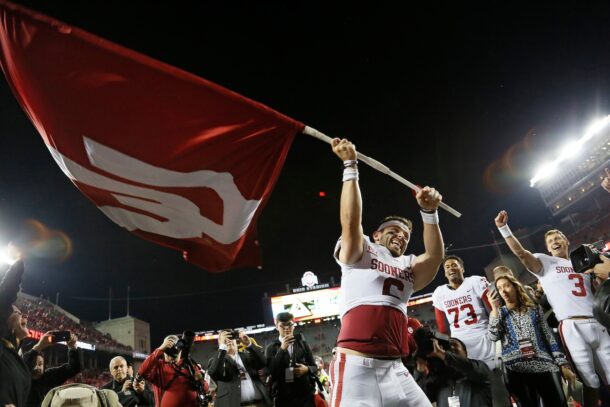The members of the Georgia Senate crushed any hopes for the chamber to approve a constitutional amendment to legalize Georgia sports betting this morning during crossover day.
The Senate voted down SR 140, a resolution seeking a constitutional amendment to approve Georgia sports betting, by a vote of 30-26. While the majority approved the resolution, it required a two-thirds majority to pass.
Any hope for Georgia sports betting legalization now lies with the House of Representatives, as it will discuss a sports betting bill later today.
Crossover day starts poorly for Georgia sports betting enthusiasts
Crossover day in the Georgia legislature requires bills to be approved by at least one chamber to be considered to be signed into law. If a bill is not approved in at least the Senate or House on this day, it will not be considered for the rest of the 2023 legislative session.
SR 140, and its companion bill SB 172, hoped to approve Georgia sports betting through a constitutional amendment approved by state voters in November. Sen. Bill Cowsert (R-46) urged his fellow senators to approve the resolution to put sports betting to a vote in the general election in November.
“I don’t get why it’s wrong to let the people of Georgia vote on this issue,” he said during discussion of the resolution.
These were the last Senate-introduced sports betting bills to be considered. Last week, the Senate rejected SB 57, a bill written to legalize retail and online sports betting in the Peach State. The bill allowed up to 18 online sports betting licenses, and businesses holding liquor licenses in the state would have been eligible to host retail sports betting kiosks.
The potential legislation would have allowed for a minimum of six untethered online sports betting licenses at a cost of $1 million annually. It set a tiered sports betting tax rate of 25% of adjusted gross income for parlays, prop bets, and live bets, and a 20% of adjusted gross income for all other sports wagers.
Before the final vote on the resolution, Sen. Brandon Beach (R-21) proposed three amendments to the bill, namely one that would have tacked on pari-mutuel horse racing and casino gambling to the legislation.
Cowsert described the amendments as “poison pills” designed to simply kill the bill. All three were voted down.
The majority of Senators in the chamber approved of the bill, but since a constitutional amendment was required it needed a two-thirds majority. This could bode well for the remaining Georgia sports betting bill that remains in the House.
Cowsert tabled discussion on SB 172 after SR 140 did not pass.
Georgia House still has hopes for sports betting
Despite the Senate rejecting the resolution, sports betting hopes are still alive in the Peach State. Later today, the Georgia House of Representatives will consider HB 380, a bill that seeks to legalize online sports betting without a constitutional amendment.
Sports betting hopes in Georgia will die for 2023 if HB 380 is not approved by the House today.
Georgia Rep. Marcus Wiedower’s (R-119) bill will only allow for online sports betting. Eligible license holders will be Georgia professional sports teams, a professional sports governing body that holds one or more sanctioned annual golf tournaments on a national tour of professional golf, or the owner of a facility in the state that has held an annual invitational golf tournament for professional and amateur golfers for at least 30 years.
Unlike SB 57, Wiedower’s bill does not include a horse racing element, which may have been a point of contention in the Senate and a reason for its failure to pass. Gov. Brian P. Kemp (R) has supported the legalization of sports betting in the past, but has not shared an affinity for the legalization of horse racing.
Professional sports franchises, and even Augusta National, will be able to offer online sports betting if they receive one of the 16 online sports betting licenses. Eight licenses will be tethered to Georgia sports teams, one tethered to the Georgia Lottery Corporation, and seven will be untethered licenses.
The lawmaker’s bill sets the state sports betting tax rate at 25% of adjusted gross gaming revenue, which was increased in committee from its original proposal of 15%. Online license applicants must pay a non-refundable $100,000 application fee and an annual fee of $1.5 million if awarded an untethered license and $750,000 if awarded a tethered license.
Robert is an expert on sports betting in the United States, specifically the legalization process and regulation surrounding the industry.







